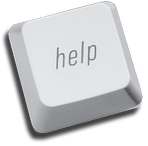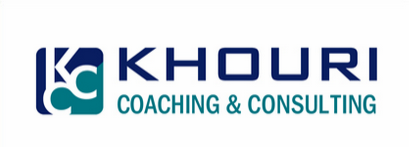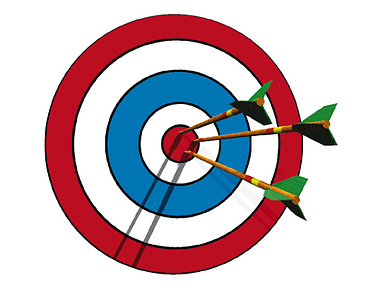Ask for Help and Be More Productive
I was sitting in a Starbucks the other day, having a cup of coffee, and processing email until my next appointment. There was a young woman, perhaps in her early 20s, struggling to get her coat off. As it was zipped up almost to her neck; it was difficult for her to even see the zipper. She asked the girl sitting next to her to help her unzip the coat. She tried for perhaps 5 minutes and could not solve the problem. The whole section of the store was engaged with this process, thinking they could help with their hope. So, I offered to help thinking a good tug would be the right solution. You know the situation when the zipper catches the fabric on the other side and gets jammed. I also failed to get it unzipped, partly concerned I may rip or damage the coat. So, off she went to the ladies room to try herself. A short time later, she came back with coat in hand. 
This got me thinking about the leadership lesson here -- Know when to ask for help. She was probably sitting alone for less than two minutes before she reached out and asked for help. She could have sat there in agony, sweating, and uncomfortable. The problem would have stayed on her mind, distracted her from what she was trying to do, and ultimately negatively impacted her productivity for a much longer period of time.
Why ask for help? There are three key reasons why you should ask for help at the right time. (1) You will solve the problem more quickly. There is only so much you will be able to do on your own. (2) Asking for help makes you feel better knowing that you have people that you trust and can rely on for help. (3) You will build stronger relationships when you ask others to help you. People feel better when they can offer their help.
When to ask for help? Technology leaders deal with a great deal of complexity in their work -- all the normal complexities of leadership, productivity, and high performing teams along with the complexities and speed of technology. So, knowing when to ask for thelp can be a challenge. Here are a few signs that you are ready to ask:
- You have tried a number of solutions on your own without success
- The situation will get worse if you wait
- You are frustrated with the lack of solution
Who to ask? Don't discriminate -- you can ask your team, your peers, your managers, your coach. A good coach will help you think about the problem in a way that you have not thought about it before. A good coach is a good thinking partner. It is wise to identify two or three key partners from the groups above to start with.
You never know who may have some insights or experience to help you, or may know someone that does.
How to ask for help? The way you bring the problem forward can influence the help you get. You have an opportunity to increase credibility with the way you ask for help. So first, frame the problem in such a way that it is clear what you are talking about. Next, describe what you have already done. This will show your creativity and commitment to solving the problem, and avoid re-covering ground you already have. Third, be very clear about what you are asking. For example, it would be better to ask, "what are some ways you have dealt with similar situations," or "who do you know that has some experience with this". Finally, listen and accept the suggestions without trying to filter or responding, "yeah, but".
This is such an empowering act, to have the confidence in yourself to reach out and get others involved in your struggle, build strong relationships, and improve your productivity as a result.
To finish the coat story, I asked, "how did you get the coat off?" The young woman responded that she gave it a good strong tug and the zipper released. She ended up resolving it herself, largely due to the help had she already received.
Don's Coaching Questions

- What problem do you need help with?
- Who can you ask to help you?
- How can you frame the problem and ask for specific help?




 t can have an effect on your future, I believe personal growth is the greatest. We can talk about sales growth, profit growth, asset growth, but all of this probably will not happen without personal growth." -- Jim Rohn.
t can have an effect on your future, I believe personal growth is the greatest. We can talk about sales growth, profit growth, asset growth, but all of this probably will not happen without personal growth." -- Jim Rohn.

